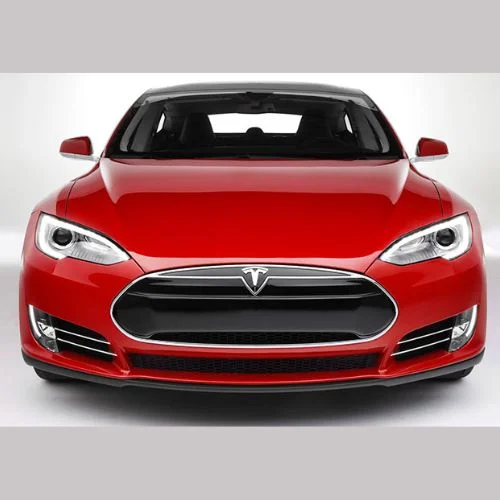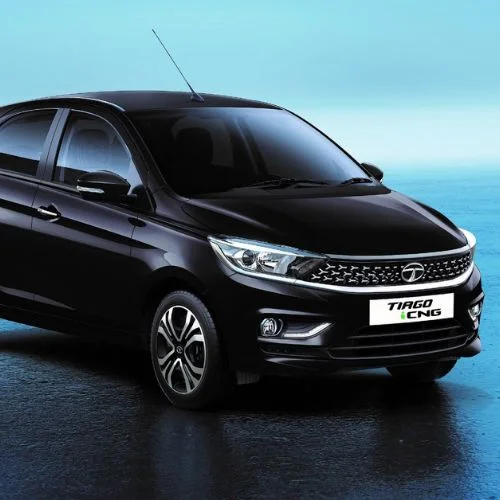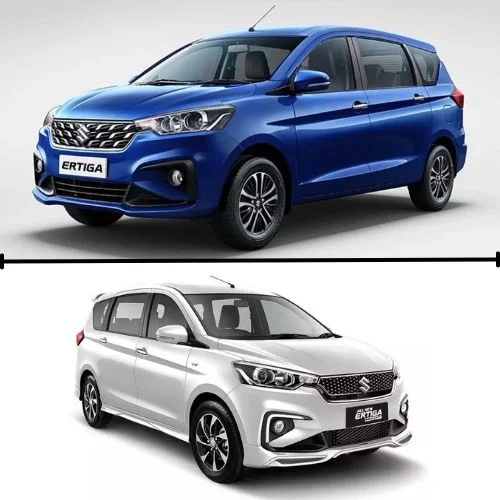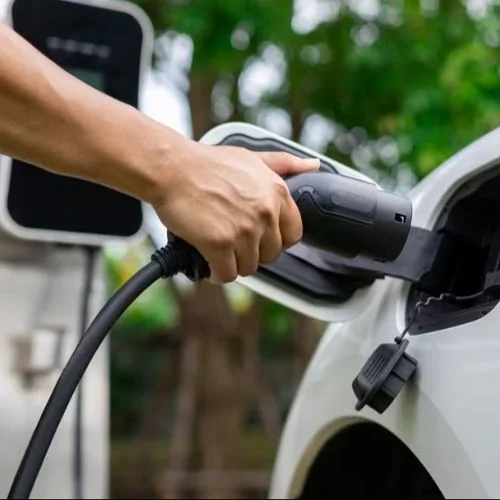Nissan, a Japanese manufacturer looking to travel more smoothly with its French alliance partner Renault, announced a 55% increase in earnings for the three months ending in December on Thursday.
Nissan Motor Co., with headquarters in Yokohama, made 50.6 billion yen ($386 million) in profit for the quarter, up from 32.7 billion yen the year before.
According to Nissan, quarterly sales increased 29% to 2.8 trillion yen ($21 billion) as a computer chip scarcity that has hurt the world’s automakers progressively subsided.
Lockdowns and other regulations associated with COVID-19 made it difficult for Nissan to deliver automobiles to consumers, which led to the crisis.
According to Chief Operating Officer Ashwani Gupta, some customers waited a year for their Z sports car or Ariya sport utility vehicle.
The dangers for the car sector, particularly Nissan, have increased as a result of growing raw material costs, inflation pressures, and unstable currency exchange rates.
Due to the shortages in semiconductor supplies and the effects of the coronavirus infection outbreak in China, Nissan, the manufacturer of the Leaf electric car and the Infiniti luxury line, now anticipates selling 3.4 million fewer vehicles than previously anticipated for the entire fiscal year through March.
Despite admitting that the quarter had been very difficult, chief executive Makoto Uchida was upbeat about the future.
Nissan, Renault, and Mitsubishi Motors, a smaller Japanese automaker, declared earlier this week that they were rethinking their partnership.
In order to further balance the partnership, the boards of both businesses agreed to equalize each automaker’s interest in the other to 15%, according to a London-based press release.
Nissan was controlled by Renault Group, of whom the French government is the largest stakeholder, which held a 43.4% stake, while Renault held a 15% stake.
The manufacturers also promised to work together in all areas, including Latin America and India, while Nissan announced it will invest up to 15% in Ampere, Renault’s European electric car and software company.















